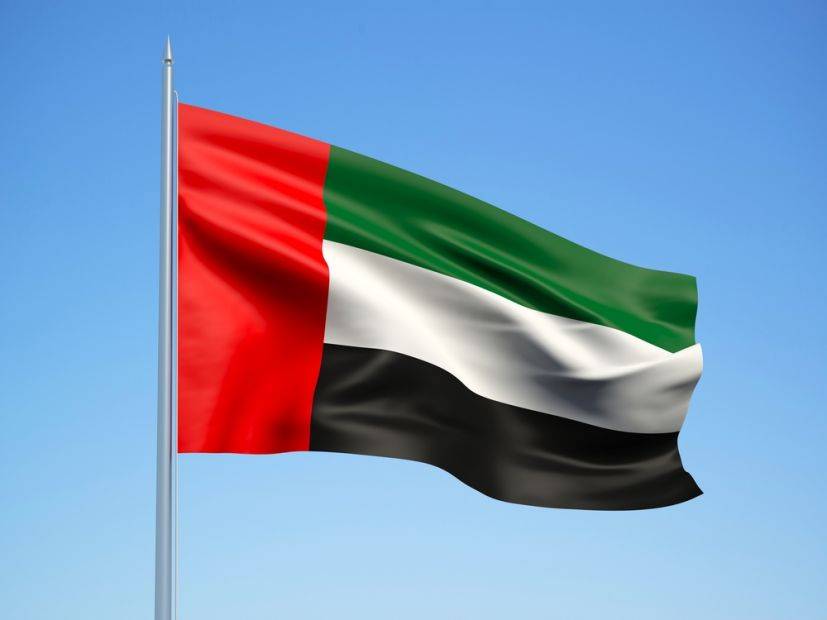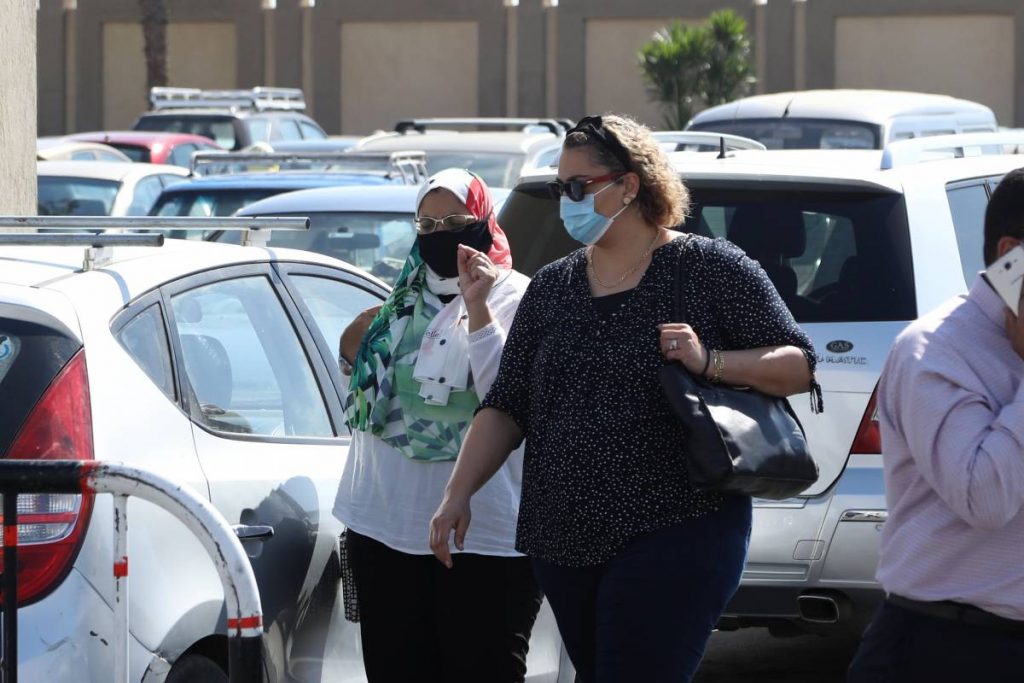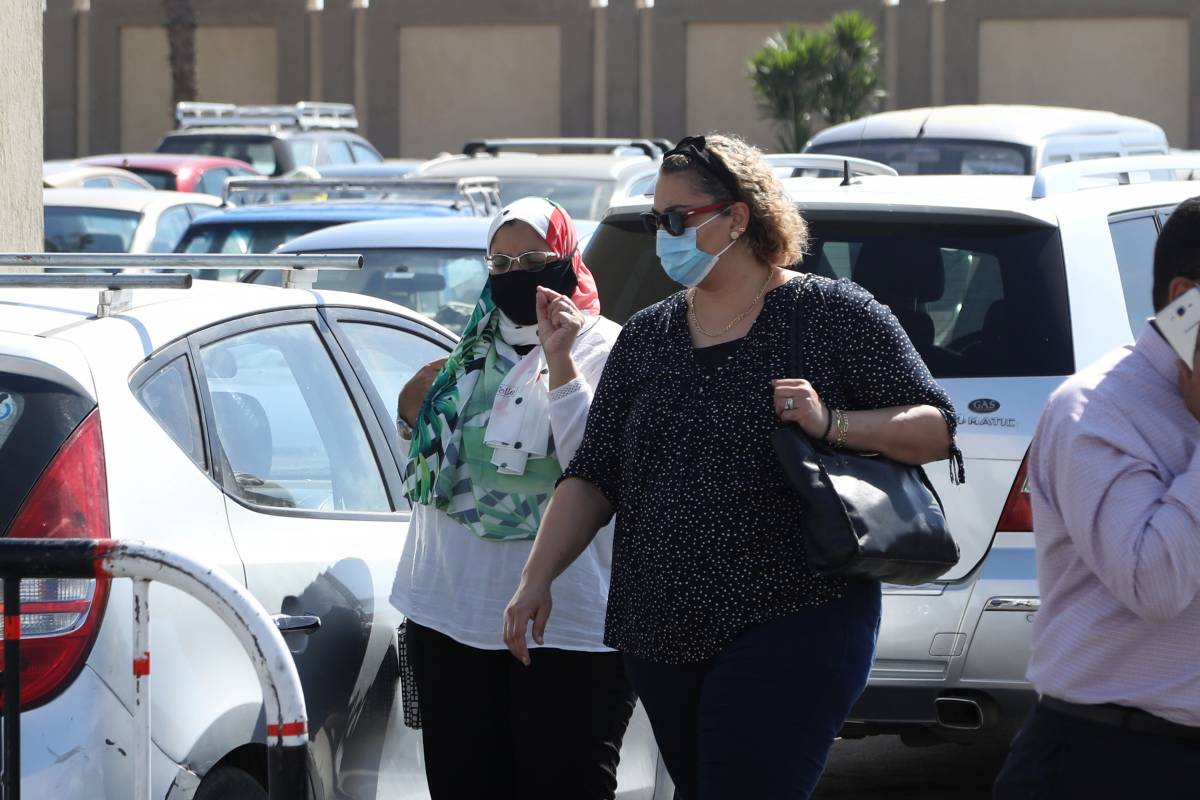Face masks will no longer be mandatory when exercising in public places, commuting in private vehicles for those who live in the same house as well as at open beaches and swimming pools, reports Asian Lite Newsdesk
Wearing face masks will no longer be mandatory in certain places in the United Arab Emirates, according to Ministry of Health and Prevention (MoHAP) and the National Emergency Crisis and Disasters Management Authority (NCEMA).
But the authorities added that people must keep a safe physical distance of two metres.

“This decision comes after the noticeable decrease in the number of registered COVID-19 cases in the country, which reflects the successful national efforts in expanding the scope of testing nationwide that led to early detection of cases, and the availability of multiple vaccines along with the cooperation of the community in committing to the precautionary and preventive measures,” the two entities said in a statement.
According to the new decision, face masks will no longer be mandatory when exercising in public places, commuting in private vehicles for those who live in the same house as well as at open beaches and swimming pools.
Face masks are also not obligatory for people who are alone in closed spaces, or at salons and beauty centres for facial and haircut services, as well as in medical centres and clinics for diagnostic and treatment services.
The local authorities should put signs showing the places where it will be allowed “not to wear a face mask” and adhere to the physical distancing of two meters.
ALSO READ: UAE reports fewest Covid-19 cases in a year
MoHAP and NCEMA highlighted the need to adhere to wearing a face mask in the places where it is obligatory to do so, adding, “studies confirmed that the face mask was one of the most important means to stop the spread of the virus.”
They also made it clear that those who do not adhere to wearing a face mask in the places where it is mandatory to wear it, will be fined.
The two entities stressed the need to follow the preventive and precautionary measures which are instructed by the relevant authorities to ensure the health and safety of all members of society.
Meanwhile, UAE has reported 318 new coronavirus cases, bringing the total number of recorded cases in the country to 733,643.
According to the health ministry, the infected individuals are from various nationalities, are in a stable condition, and receiving the necessary care.
The ministry also announced two deaths due to COVID-19 complications, bringing the total number of deaths in the country to 2,080. It called on all members of the society to cooperate with health authorities, adhere to the instructions and physical distance to ensure the health and safety of all.
MoHAP also noted that an additional 380 individuals had fully recovered from COVID-19, bringing the total number of recoveries to 725,634.
Meanwhile, 104,101 doses of the COVID-19 vaccine were administered during the past 24 hours. The total number of doses provided up to Wednesday stands at 19,653,364 with a rate of vaccine distribution of 198.71 doses per 100 people.

Dr. Farida Al Hosani, Official Spokesperson of the UAE Health Sector, has stated that the UAE’s successful handling of the COVID-19 pandemic is the product of the UAE leadership’s vision and the proactive efforts made by teams across all vital sectors.
Dr. Al Hosani noted that, according to the Our World in Data website, the UAE ranked third globally in the number of daily COVID-19 tests per 1,000 persons and fifth ranked in the moving-average case fatality rate from the start of the pandemic to 12th September, 2021.
Moreover, the UAE came in second in the number of fully vaccinated people per 100 persons in the rankings published by the same source, and ranked first in terms of the share of people who received at least one dose dose.
“The rate of people fully vaccinated against COVID-19 in the UAE stands at 81.55 percent, and while the rate of those who received at least one dose reached 92.34 percent, which is the highest globally,” she affirmed.
“The significant efforts, intensive monitoring and expanding the scope of testing nationwide have largely contributed to a decline in infections. Moreover, the provision of several types of COVID-19 vaccines and community awareness of the importance of vaccination helped reduce infections and accelerate the UAE’s recovery,” Dr. Al Hosani further said.

Leave a Reply